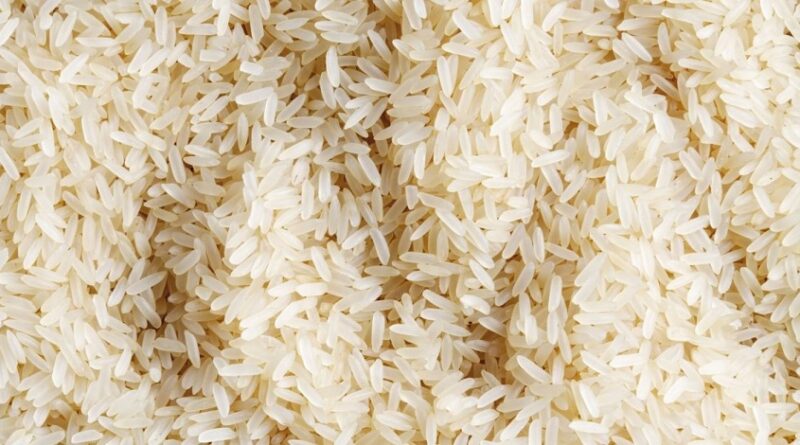Deficient rains pose threat to paddy, cotton crops in Hisar
By Deepender Deswal
With around 50% deficient rain in Hisar, farmers are fearing crop failure in the kharif season. Adjoining Jind, Fatehabad and Bhiwani districts, too, have received deficient rains, posing a threat of withering of crops, mainly paddy and cotton.
Though some areas in Fatehabad district recently faced floods, which also damaged paddy crop in about 80,000 acres, deficient rains have again affected paddy in the district. According to information, Fatehabad has nearly 36% rain deficiency. The district has about 3 lakh acres under paddy, of which nearly 50% of the crop needs to be irrigated. “It is very costly to irrigate paddy through tubewells. Paddy is in dire need of irrigation and we are dependent on rains,” said Rajender, a farmer of Nadhodi village in Fatehabad district.
Paddy in Fatehabad has suffered a double whammy as fields in Tohana and parts of Ratia were washed away due to the floodwaters from Punjab side. Now, paddy fields in the remaining areas are suffering on account of rain deficiency, Agriculture Department officials admitted.
The situation is even worse in Hisar district, which has witnessed 50% scarcity than average rainfall this monsoon, as per data of the Indian Meteorological Department. The officials said of about 80,000 hectares of paddy in Hisar, nearly 50% was facing threat of failure. Similarly, rain scarcity in Jind (35%), Bhiwani (21%) and Rohtak (25%) districts has impacted kharif crops.
Hisar has recorded 124.6 mm rainfall, which is much less than the average rainfall of 247.7 mm during the monsoon season. Similarly, Bhiwani recorded 194 mm, Jind 203.5 mm and Fatehabad 135.4 mm.
Kisan Sabha activist Dayanand Punia said besides paddy, other crops like cotton had also suffered and were unlikely to survive for long in the absence of rain. “The government must announce special girdawari for crop loss in the areas which are rain deficient. After girdawari, a compensation of Rs 50,000 per acre should be given to affected farmers,” Punia said.
This article has been republished from The Tribune

